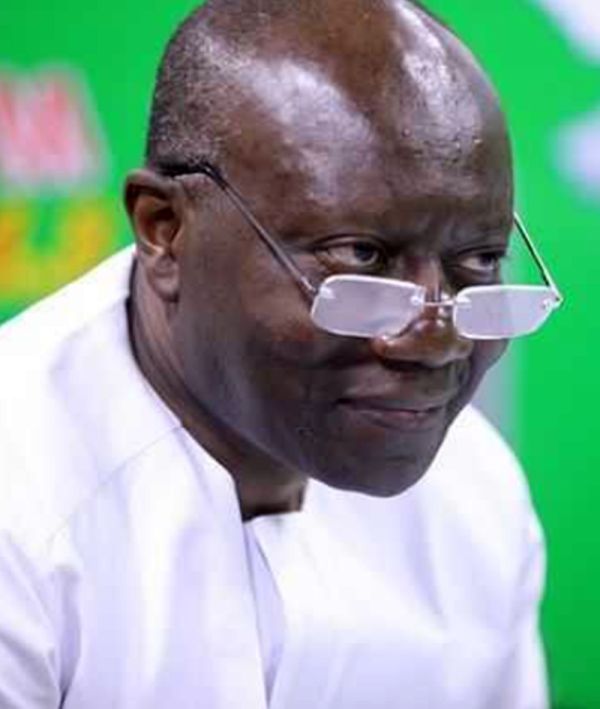

In a bid to defuse mounting tension, the Ministry of Finance has issued an appeal to organised labour and key stakeholders – including the Electricity Company of Ghana (ECG) and Northern Electricity Distribution Company (NEDCo) – to exercise restraint and engage in constructive dialogue concerning the contentious value-added tax (VAT) on electricity for residential customers.
The impasse traces its roots to a Ministry of Finance letter dated December 12, 2023, instructing ECG and NEDCo to implement VAT on electricity for residential customers. Organised labour, represented by the Trades Union Congress (TUC), responded with a press statement on January 23, 2024 expressing vehement opposition to the VAT implementation.
The Ministry of Finance acknowledged the concerns raised by organised labour and emphasized its commitment to resolving the issue through extensive dialogue with key stakeholders in the coming weeks. The ministry’s plea for restraint underscores the urgency in finding a quick resolution to the impasse.
“We believe that through open dialogue we can address the concerns raised by organised labour and other stakeholders. Our goal is to achieve a resolution that is fair and takes into consideration the interests of all parties involved,” stated a representative from the ministry.
Organised Labour, however, last week issued a stern one-week ultimatum ending January 31, 2024 for government to withdraw the VAT on electricity for residential customers.
Dr. Yaw Baah, Secretary-General of the TUC, delivered a strong message warning of worker discontent if government fails to act promptly.
“Our message to government is very simple – we cannot pay VAT on electricity; we will not pay it today; we will not pay it tomorrow,” emphasized Dr. Baah in encapsulating the resolute stance of organised labour.
To bolster their argument, TUC cited the dire implications of implementing the directive, foreseeing an increase of at least 15 percent in electricity bills for residential customers. This comes on the heels of a significant 73 percent hike in electricity tariffs in 2022 – amplifying the financial burden on Ghanaians.
Expressing concern, Dr Baah highlighted the apparent inconsistency in government’s actions. While imposing VAT on residential consumers of electricity, plans were underway to remove VAT on mineral exploration in the country – a move perceived as favourable to wealthy multinational mining companies.
In response to these concerns, the Ministry of Finance provided context – indicating that the VAT on electricity is part of government’s medium-term revenue strategy and aligned with the International Monetary Fund (IMF) supported post-COVID-19 Programme for Economic Growth.
Government in the statement reiterated its commitment to working with all stakeholders to sustain the progress made in implementing the post-Covid-19 Programme for Economic Growth (PC-PEG).
Source: B&FT